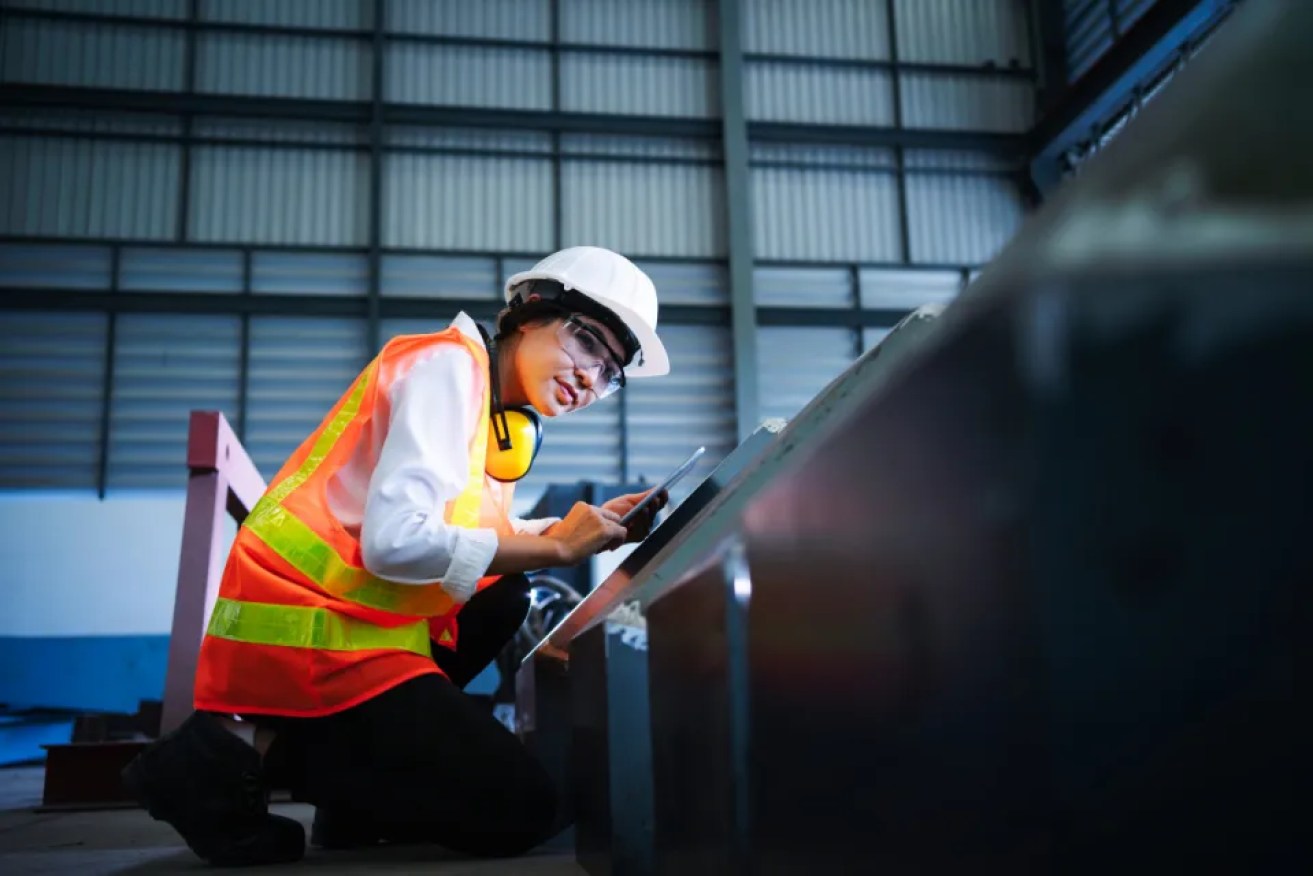‘Transform Australia’: Critical minerals key in calls for $100 billion green plan


The federal government is facing calls to spend significantly more on developing green industries. Photo: TND
Climate advocates are pushing the Albanese government to spend $100 billion more on green industries, warning Australia must remain competitive as the United States and China invest at unprecedented rates.
A coalition of advocates including the Australian Council of Trade Unions (ACTU), Smart Energy Council and the Australian Conservation Foundation are making the case for a huge uptick in the decarbonisation economy at a conference being held in Canberra this week.
They hope to convince the government that a policy similar to the US Inflation Reduction Act – which set aside hundreds of billions of dollars for green industries – is needed.
A proposed plan would see the federal government pledge billions of taxpayer funds to develop industries like green steel and aluminium, as well as refining critical minerals.
The Albanese government is also facing pressure to invest more money in establishing Australia as a green manufacturer in areas like solar, wind and battery storage.
Gavan McFadzean, climate and energy program manager at the Australian Conservation Foundation, said Australia must set itself up to succeed in emerging green industries now so that it’s not left behind as other nations pursue ambitious plans.
“This opportunity to transform Australia’s economy to build manufacturing and green energy jobs is made possible by the climate crisis,” he said.
“We should never lose sight of the fact that the global economy must rapidly decarbonise.”
‘Back to basics’
The calls for significant investment in green industries have raised questions about the role Australia will play in efforts to decarbonise the world over coming decades.
Some experts argue taxpayers should prioritise areas where Australia has a natural advantage, and avoid over-subsidising industries that will struggle to be competitive globally.
Independent economist Nicki Hutley, who is also a Climate Council councillor, said governments must urgently invest in emerging green industries as well as helping households decarbonise, but that the idea of Australia as a renewable superpower able to manufacture goods broadly was somewhat of a “fig leaf”.

Governments must do more to help households decarbonise, experts say. Photo: AAP
“We need to go back to basics and ask what is the actual cost of adaptation, what are the industries that are going to go and where are the opportunities,” Hutley said.
“But it’s a question of which bits of the puzzle Australia can solve … we want to stick to things where we know we have a comparative advantage.”
Natural advantages
Those areas of advantage include critical minerals processing, whereas areas like manufacturing electric appliances and industrial inputs for renewables are more challenging for Australia, which has a far smaller industrial base than China or the US.
Respected decarbonisation expert Saul Griffith, who helped design the US green industry package, said on Monday that critical minerals are a key area that Australia can succeed in.
He said Australia is either the “first, second, third or fourth” biggest producer of key minerals like copper, nickel, magnesium, cobalt and lithium, which are needed for renewable industries.
“[The Inflation Reduction Act] is making everyone look all over the world to find out where all the materials are going to come from and who’s going to make what,” he told ABC radio.
“The whole world needs the same things. We need wind turbines, we need solar cells, we need batteries, we need heat pumps … we even need appliances like water heaters and induction stoves.
“And we need to ramp up the production of all of those things five [to] 10 times globally than they are today.”
‘Genuine’ opportunities
Hutley agreed Australia must invest heavily in areas such as critical minerals and be “really careful” not to prop up manufacturing industries that would struggle to compete globally.
Indiscriminate industrial funding risks delivering artificially higher prices for families and firms, which could delay decarbonisation, she said.
But Australia’s industrial base must also be considered because industries that will need to shut down in coming decades – such as coal mining – will need to be replaced by other opportunities.
McFadzean agreed Australia should focus its industrial investments in areas of comparative advantage, saying critical minerals was an obvious area alongside select manufacturing of components for large-scale renewable energy projects.
“People are right to say we won’t outcompete mass production in China, but there are components for renewable and battery manufacturing we can build,” he said.
“These are genuine manufacturing opportunities.”








